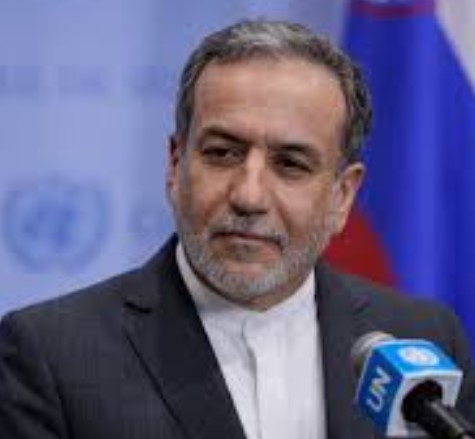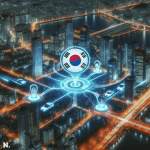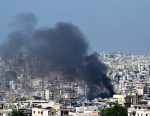In recent developments, Iran has expressed a firm stance regarding its relationship with Israel and its allies. The Iranian Foreign Minister has made it clear that the country will respond decisively to any support shown for Israel by other nations. This statement underscores Iran’s strong stance on the issue. It follows Iran’s recent military actions aimed at Israel. Iran views these actions as a necessary response to what it labels as terrorist activities. The situation reflects deep-rooted tensions in the Middle East, where alliances and enmities often shape the geopolitical landscape.
Iran’s Strong Warning
The Iranian Foreign Minister emphasized that any third country supporting Israel will be met with a strong reaction from Iran. He stated that if Israel decides to take further action, Iran’s response would be even more severe. This indicates that Iran is not only prepared for retaliation but is also ready to escalate its military response if it perceives an increase in threats from Israel or its allies.
This warning serves as a significant signal to other nations in the region and beyond. It highlights Iran’s position that it views any support given to Israel as a hostile act. The Iranian government perceives this as a violation of its sovereignty and security. By defining the actions of countries that back Israel as suspicious, Iran is effectively drawing a line in the sand regarding its willingness to engage in conflict.
This declaration is crucial in understanding the dynamics between Iran and Israel, which have been adversaries for decades. The conflict is rooted in a complex mix of political, historical, and religious factors that have led to ongoing hostilities. Iran’s warning to third countries is a reminder of the fragile balance in the region, where alliances can quickly shift and tensions can escalate.
Self-Defense and International Law
The Iranian Foreign Minister also reiterated that Iran’s military actions were purely defensive in nature. He referred to Article 51 of the United Nations Charter, which recognizes a country’s right to defend itself against armed attacks. Iran argues that its actions are not acts of aggression but rather necessary measures taken to protect its national security.
Iran’s perspective is that it faces continuous threats from Israel, which it accuses of conducting operations that undermine its security. Israel has been involved in various military operations targeting Iranian assets and allies in the region. These operations are particularly focused in Syria. As a result, Iran believes it has the right to respond to these perceived threats. This response is viewed as essential for ensuring its safety and stability.
This justification of self-defense is a common rationale used by countries involved in conflicts, as they seek to align their actions with international law. By framing its military responses within the context of self-defense, Iran aims to gain legitimacy for its actions on the world stage. This approach allows Iran to present itself as a victim of aggression rather than as an instigator of conflict.
Iran’s Praising Military Operations
In his statements, the Iranian Foreign Minister also praised the Iranian Revolutionary Guard Corps (IRGC) for its measured response to what it sees as violations by Israel. The IRGC is a branch of Iran’s military that plays a significant role in the country’s defense strategy and operations. By highlighting the IRGC’s actions, Iran is reinforcing the idea that its military is capable of responding effectively to threats while maintaining a sense of restraint.
The IRGC’s involvement is critical in shaping Iran’s military strategy. This elite force is responsible for protecting the Islamic Republic’s interests both domestically and internationally. By acknowledging the IRGC’s role, Iran sends a message of confidence in its military capabilities and readiness to respond to any challenges it faces.
This assertion of military capability aims to bolster domestic support for Iran’s defense policies. By portraying its military as a responsible force that acts within the bounds of international law, Iran seeks to justify its actions to both its citizens and the global community. It underscores the narrative that Iran is a nation under threat, fighting to protect itself against aggressors.
Iran’s emphasis on self-defense also serves as a rallying cry for its citizens, fostering a sense of national unity and resilience. In addition, this narrative is essential in maintaining public support for the government, especially during times of increased military tensions. However, it also reinforces the government’s position in the eyes of its allies and adversaries. Therefore, Iran strategically portrays its military actions as defensive to consolidate domestic support while navigating the complexities of international relations.
The Bottomline
Overall, Iran’s recent statements reflect its determination to defend its sovereignty and maintain its influence in the region. The strong warnings directed at countries supporting Israel signify a growing tension that may have significant implications for regional stability. As the geopolitical landscape continues to evolve, Iran’s stance is likely to influence how other nations respond to the ongoing conflict with Israel. This situation highlights the complexities of international relations in a volatile region. The shifting dynamics require careful navigation by all involved parties. Each decision made can have significant repercussions for regional stability.





